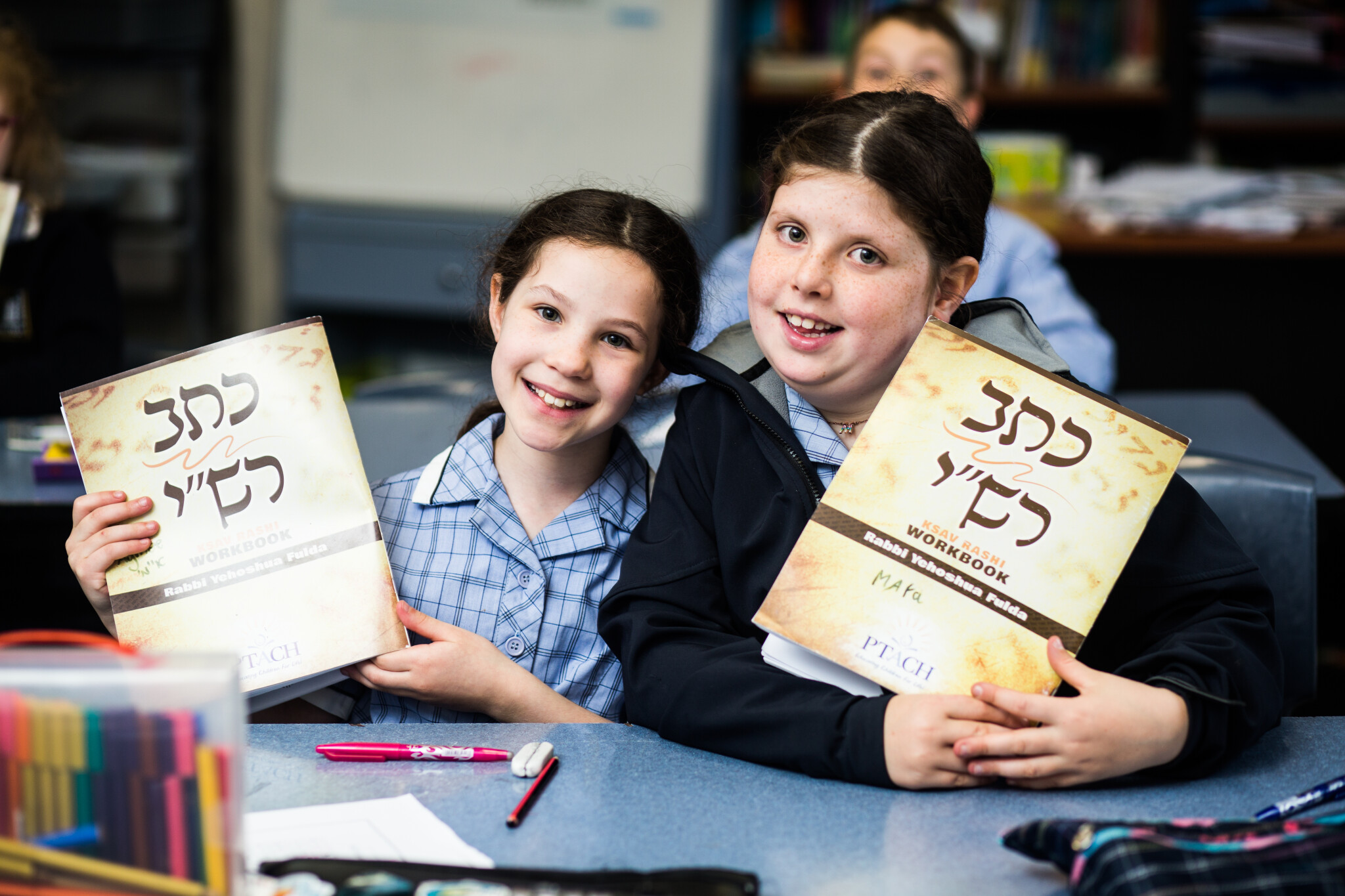
22 Nov Hebrew Reading; The Foundation of Jewish Literacy
If there is one ‘key’ that unlocks everything Jewish, it is the Aleph Bet. These holy letters, used by G-d to create the world, are used by us, via their various combinations and permutations to study Torah, daven and access the wisdom of Jewish scholarship. We are blessed to live in an age, where these letters also form an active language, the Hebrew spoken by our brothers and sisters in Israel.
At Yavneh, Hebrew reading is an inextricable part of our educational programming. It features prominently in Jewish Studies, Hebrew and in tefilla. However, as a second language, as it is for most, inaccuracies in distinguishing correctly between letters, or incorrect blending of the letters (consonants) with the nekudot (vowels) can become entrenched when they are not picked up early and addressed.
As such, in 2024 we are making several changes to our Kriyah program to assist students in solidifying this foundational aspect of Jewish literacy. Mrs Rivki Abelesz, who joined us this year as a Kriyah Specialist, is taking on leadership responsibility of Kriyah from Kinder to Year 7. In her new role, she will oversee the implementation of a Kinder to Year 5 Kriyah curriculum, providing teacher training as well as guiding our Jewish Studies (JYes) support staff in their one-on-one bespoke programming. In addition, she will focus on new students to the College who did not receive the Yavneh Hebrew reading foundation, ensuring that they provided the skills and support needed to be able to integrate more seamlessly into the school.
In facilitating this, we have made the decision to align Year 1 with our prep program, where Jewish Studies and Hebrew are amalgamated as one subject area. Like in Prep, for 2024 our Year 1 classes will experience Hebrew as an integrated element of Jewish Studies, continuing to develop and solidify the recognition and reading of the Hebrew language. Of the five lessons previously allocated to Hebrew, three will be used for this purpose in Jewish Studies and two will be allocated to provide additional time for General Studies to meet their curriculum objectives.
This shift provides an opportunity to further the success we see in the early years and is part of the overall move towards a more integrated curriculum across Jewish Studies and Hebrew that ensures that the foundational building blocks of Jewish literacy are fortified, revised and imbued in the hearts and minds of our students.
By Rabbi Chaim Cowen, Deputy Principal & Head of Jewish Studies




